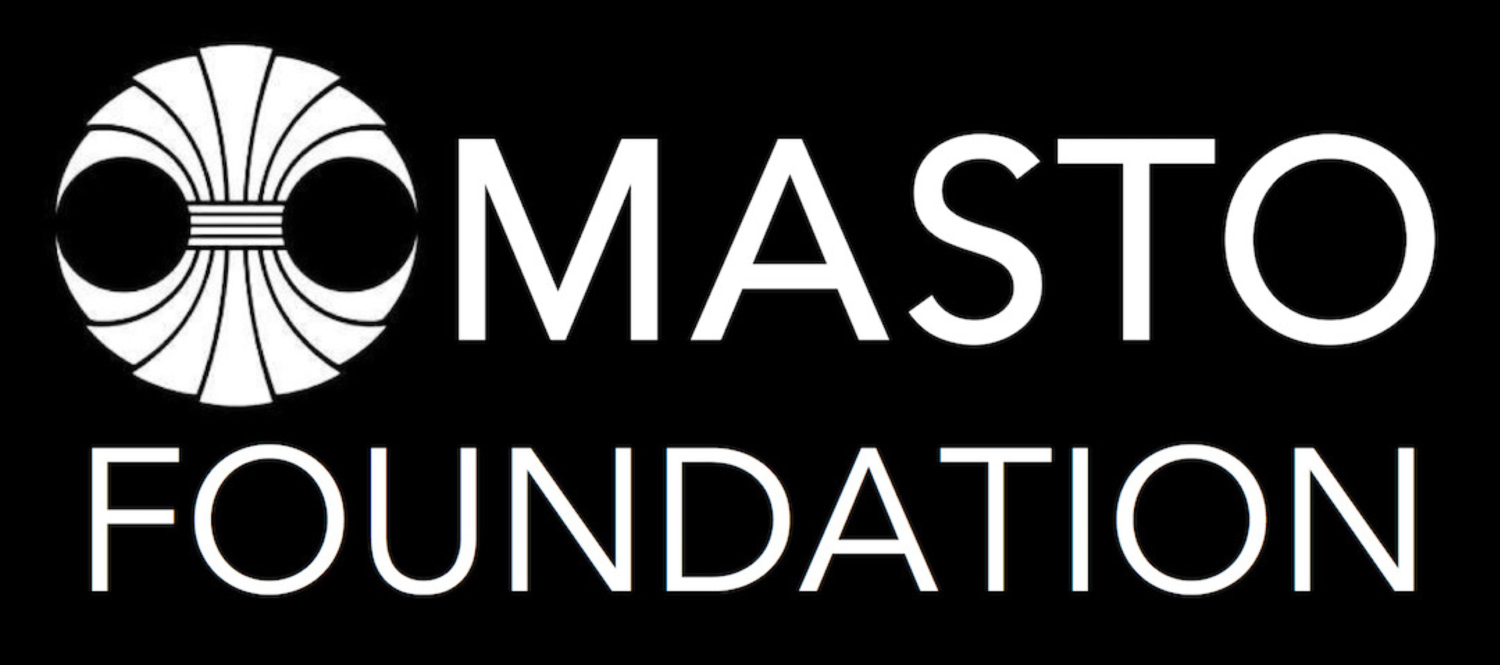Our Approach
The evolution of our grantmaking began with a desire to find community.
As a family foundation heavily influenced by our culture and ancestry, many years ago we went on a quest to connect with other family foundations from communities of color. Unfortunately, we found that this was not an easy task.
Of the approximately 45,000 family foundations in the United States holding up to $500 billion in assets, there is no clear data on how many are from communities of color. Anecdotally, we would estimate that the number is less than 1%.
Based on our own family’s history of experiencing land, wealth, and social capital stolen from the Japanese-American community by the US government, we are intimately aware of the barriers that communities of color experience setting up formal philanthropic institutions. We have also observed how the structures and systems in philanthropy further advantage people who already have power/privilege and how they perpetuate a lack of diversity in philanthropic decision-making.
This left us asking several questions:
How have the dominant norms and values in philanthropy, similar to inequitable wealth accumulation in the United States, served to promote white people while oppressing and continuing to extract resources from communities of color?
How has racial and cultural homogeneity in philanthropy impacted grantmaking practices?
And, given all this information, how can we leverage our unique identity and strengths as a foundation to promote equity and justice in our grantmaking instead of perpetuating the status quo?
To address these questions, we decided to go back to our roots.
We knew that our journey towards more equitable grantmaking practices would require a whole new way of thinking. So, instead of looking at the way grantmaking is traditionally done and trying to augment it to be more equitable, we decided to look at the minimum requirements to be a family foundation (to make sure we met those marks) and then built our process completely around culture - our family history of giving, Japanese-American traditions of giving, and different cultures of giving in Japan.
What we discovered.
Unlike the dominant (white) culture where philanthropy is either viewed as “charity” or “strategic” (the exchange of money for a certain set of outcomes), our grantmaking is fundamentally not transactional. Rather, we honor the Japanese and Japanese-American traditions of “gifting” and see our work as relational.
This nuanced approach shifts our model from the framework of givers and takers to a perspective where we are all one community, working in solidarity, and fighting for the same things. Our giving is an expression of gratitude, respect, and a desire to contribute.
Our Guiding Principles
Appreciation
We see and acknowledge the inherent value of all members of a community, particularly those who have been overlooked.
Humility
We don’t have all the answers and recognize that we have far more to learn from the communities that are doing the work.
Gratitude
Our giving is both an expression of thankfulness and a way of strengthening bonds and enhancing relationships.
Hospitality
We act in service of our grantees, reduce burdens in our processes, and promote a spirit of friendliness and generosity.
Respect
We mediate power dynamics by promoting mutual respect, meeting people where they’re at, and leading with trust.
Mindfulness
We are self-reflective and consider how our actions impact others, as well as the larger social, political, and economic conditions.
Principles in Action
Grantmaking Strategy
We look at the foundation’s work holistically and conduct a financial analysis on our investments annually to identify areas where we are extracting resources from the community.
We incorporate a lens of race, class, gender, and sexual orientation into our giving and only support organizations that are led by/for the community (currently 100% of the organizations we support are led by people of color and/or members of the LGBTQ+ community).
Application & Due Diligence
No formal (paper or electronic) applications. We have conversations with our partners and put the responsibility on staff to synthesize and share the information.
Our due diligence is focused more on listening than dictating parameters.
We consider challenges and barriers that organizations face in seeking our funding and limit the amount of time and stress on the community in the process.
Grantmaking Decision
In many situations, like the Trust Black Women Initiative or our funding of giving circles, we release total control of decision-making.
Grant determinations are made and the funding goes out the door within one month.
If we are not able to fund an organization, we let them know immediately and we are transparent about our limitations.
Implementation
All grants are multi-year using a declining funding model (i.e $50k in Year 1; $25k in Year 2; $13.5k in Year 3). Our goal is to work with our partners to identify and secure other funding before the end of our grant.
We offer flexible grant periods where organizations set their own start date.
We cover all fiscal sponsorship fees to avoid inadvertently penalizing grassroots organization.
All of our funding is unrestricted.
Post-Grant Support
Hard work and accomplishments are especially acknowledged and celebrated.
We are present in the community.
If requested, we support our grantees writing LOIs/proposals for other funders.
We share and promote the work of our partners in the community.
Evaluation & Learning
Organizations we support report impact using their own indicators of success and methods of collection.
We invite and seek out feedback and critiques on our processes.
We share our history, approach, and learnings with funder communities to advocate for more equitable grant making practices.

